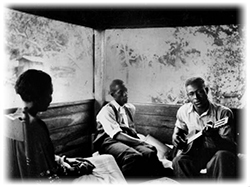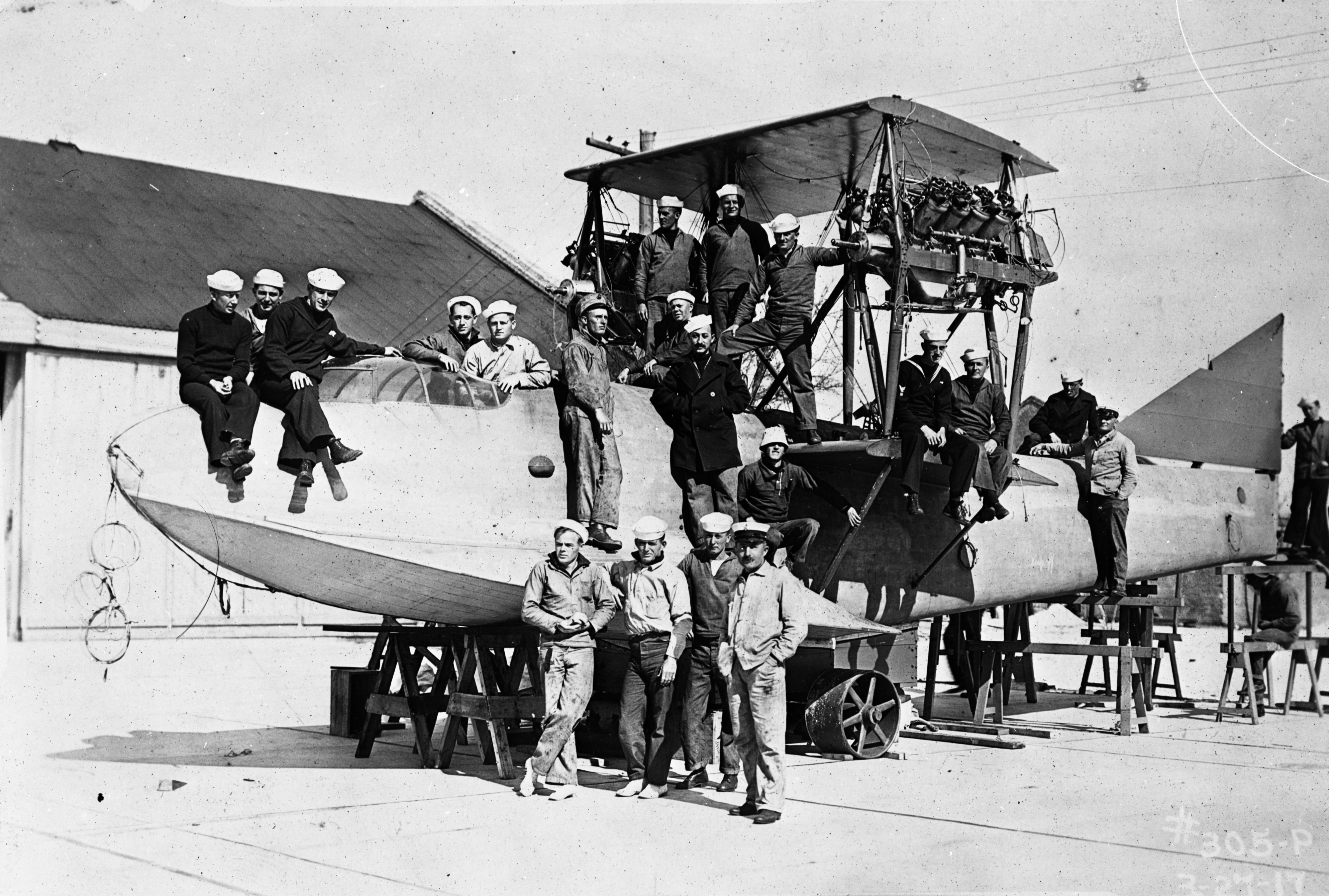Zora Neale Hurston and the WPA in Florida
Zora Neale Hurston was an African-American novelist whose rich literary work has inspired generations of readers.
Despite her reputation as a writer, there exists another side to Hurston’s career. In 1938 and 1939, during the Great Depression, Hurston worked as a folklorist and contributor to the Florida division of the Federal Writers’ Project (FWP), part of the Works Progress Administration.
Through her work with the FWP, Hurston captured stories, songs, traditions and histories from African-Americans in small communities across Florida, whose stories often failed to make it into the histories of that time period.
In 1939, Hurston went to Cross City in Dixie County, Florida, to find candidates for recording interviews, songs and life histories of interesting everyday people. Hurston’s essay, “Turpentine,” traced her travels through the pine forests with an African-American “woods rider” named John McFarlin. Her work on Florida’s turpentine camps is still considered authoritative.
Back in Jacksonville, Hurston’s final major contribution to the Florida FWP was to arrange a recording session at the Clara White Mission featuring African-Americans telling stories and singing or chanting traditional music for preservation. She also sang 18 songs herself, mostly work songs and folk songs.
This educational unit introduces primary source documents, photographs and audio recordings from the collections of the State Library and Archives of Florida and the Library of Congress.

 Listen: The FolkFolk Program
Listen: The FolkFolk Program



